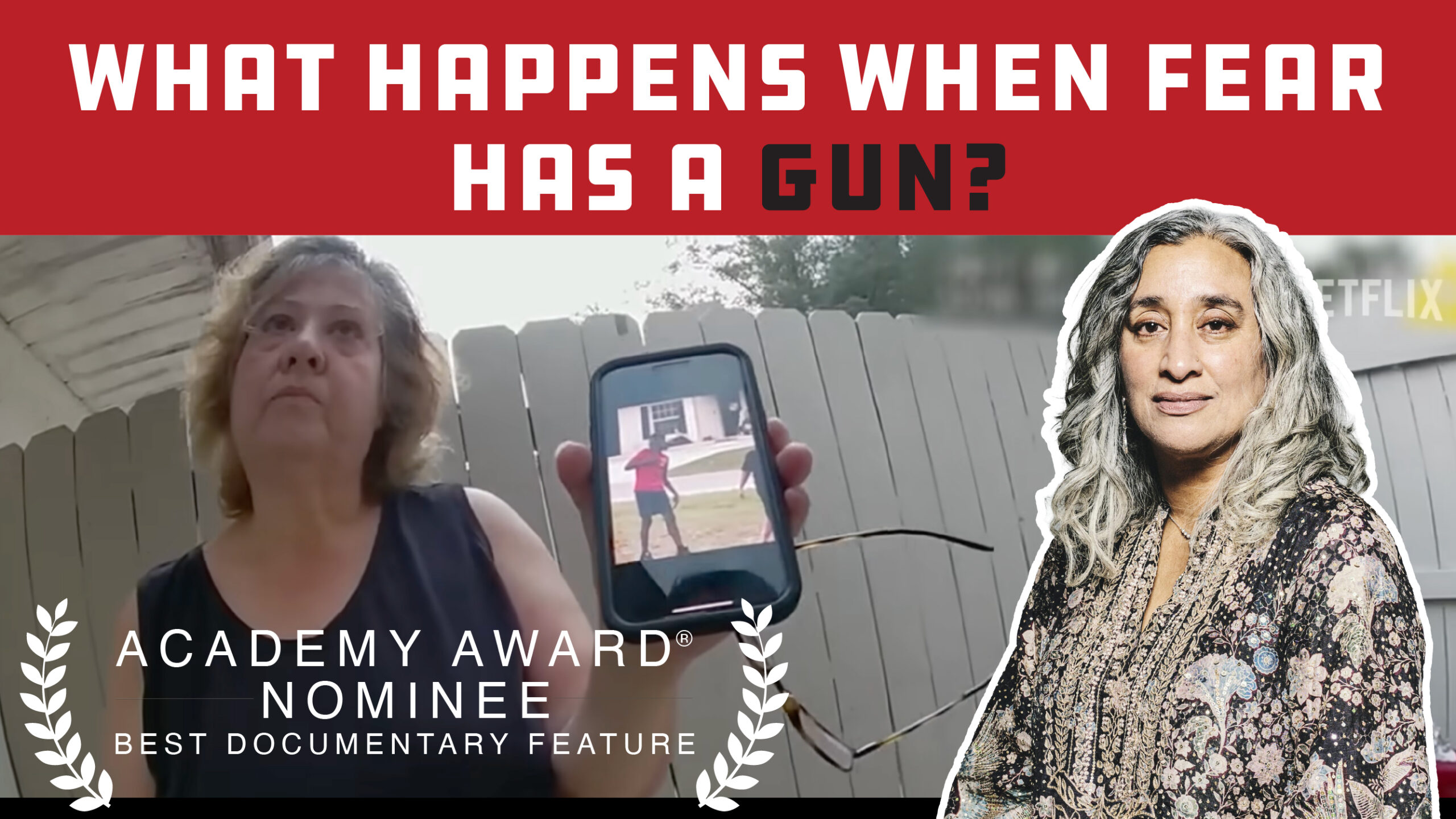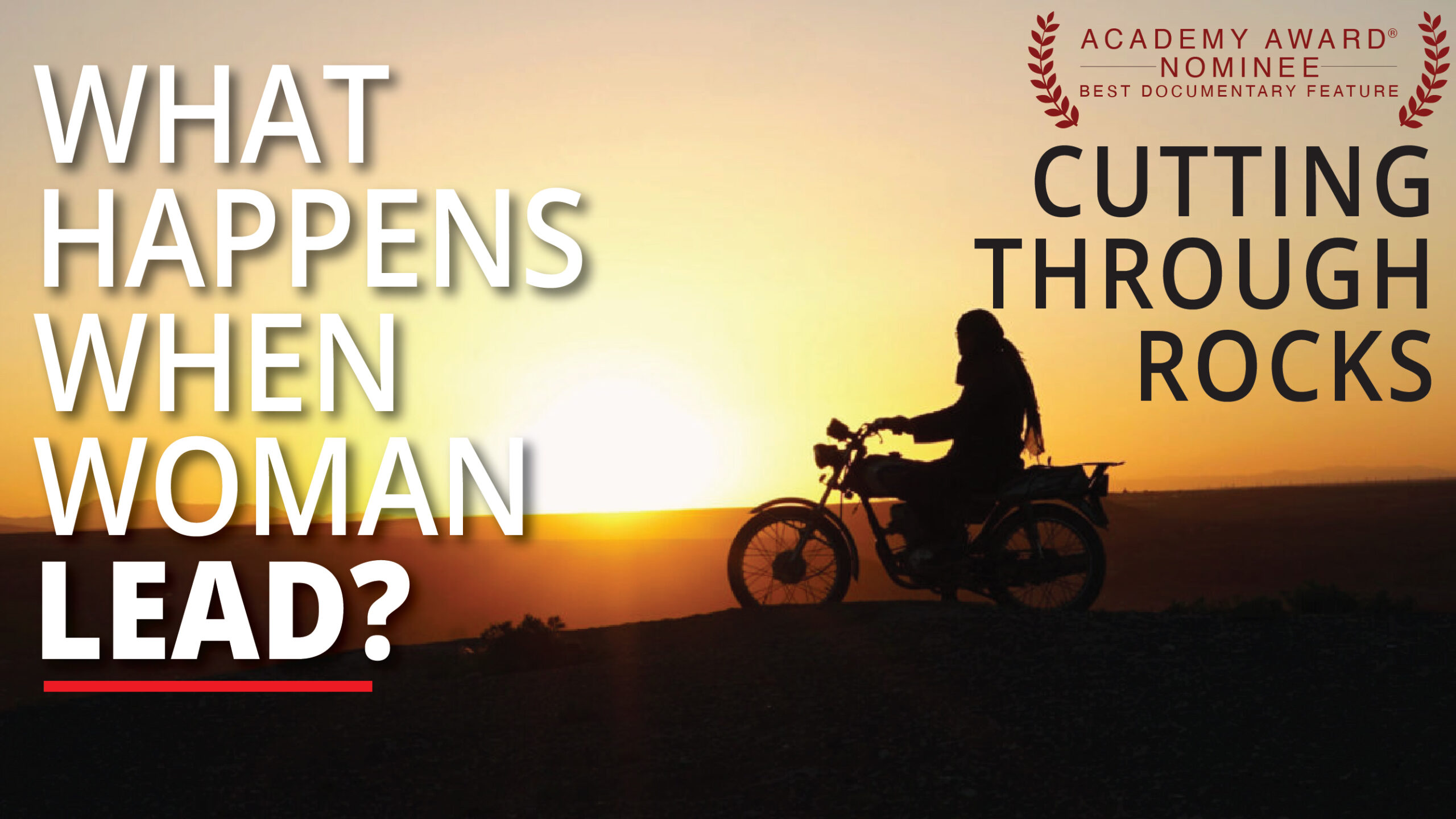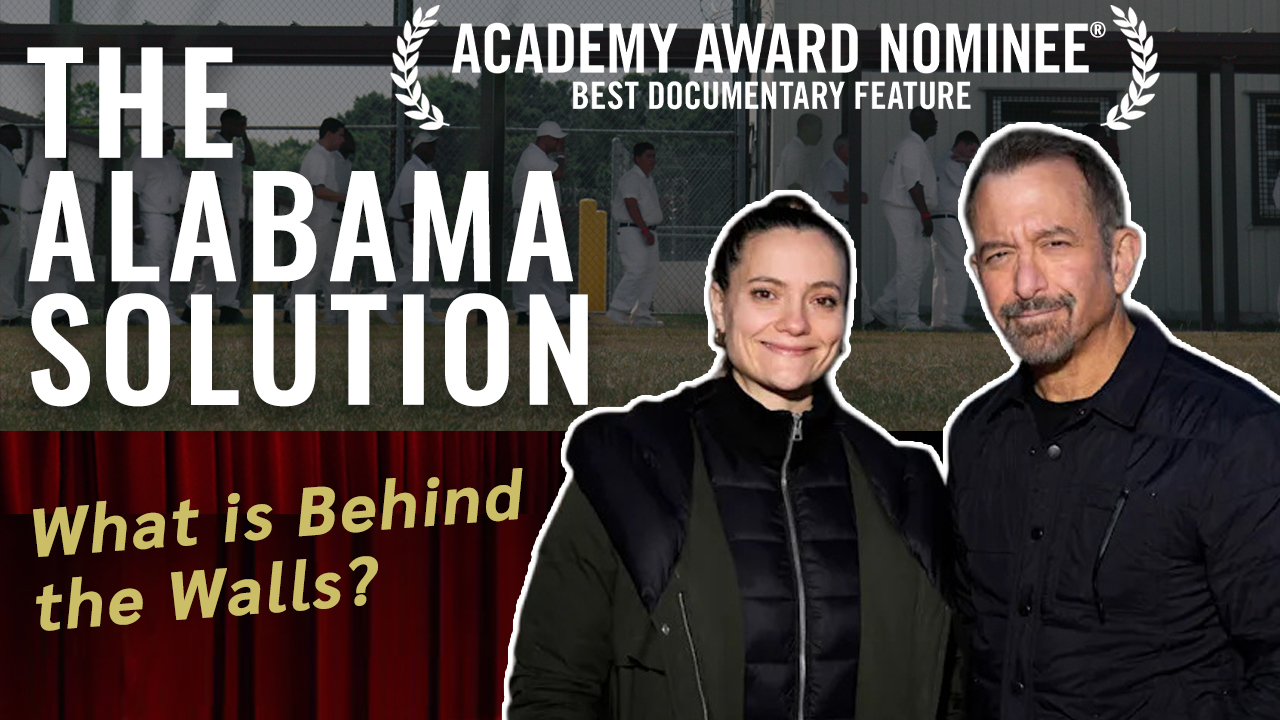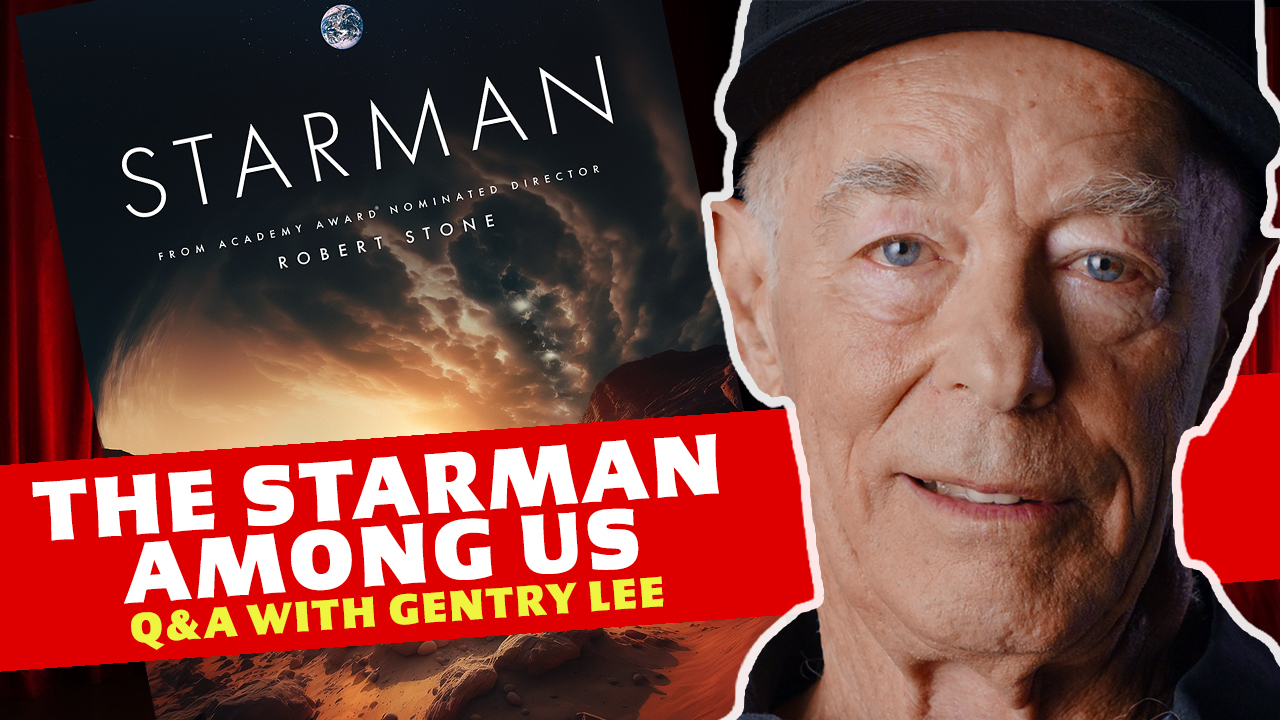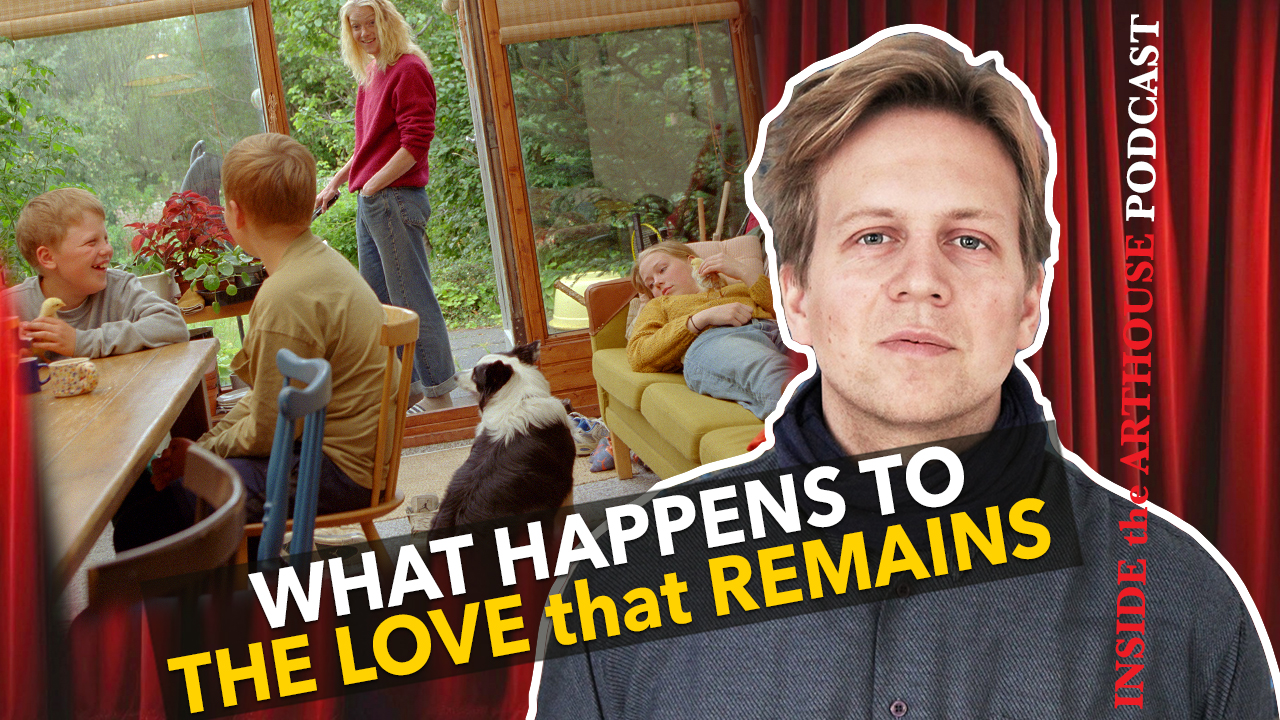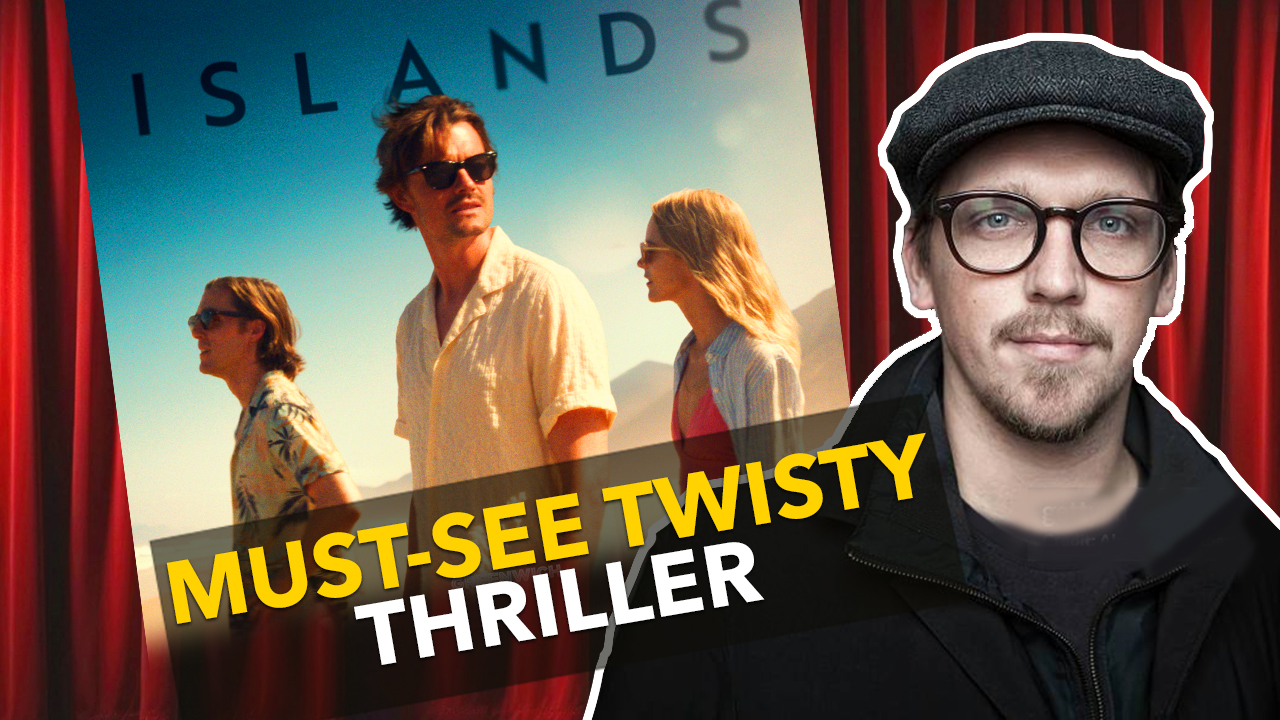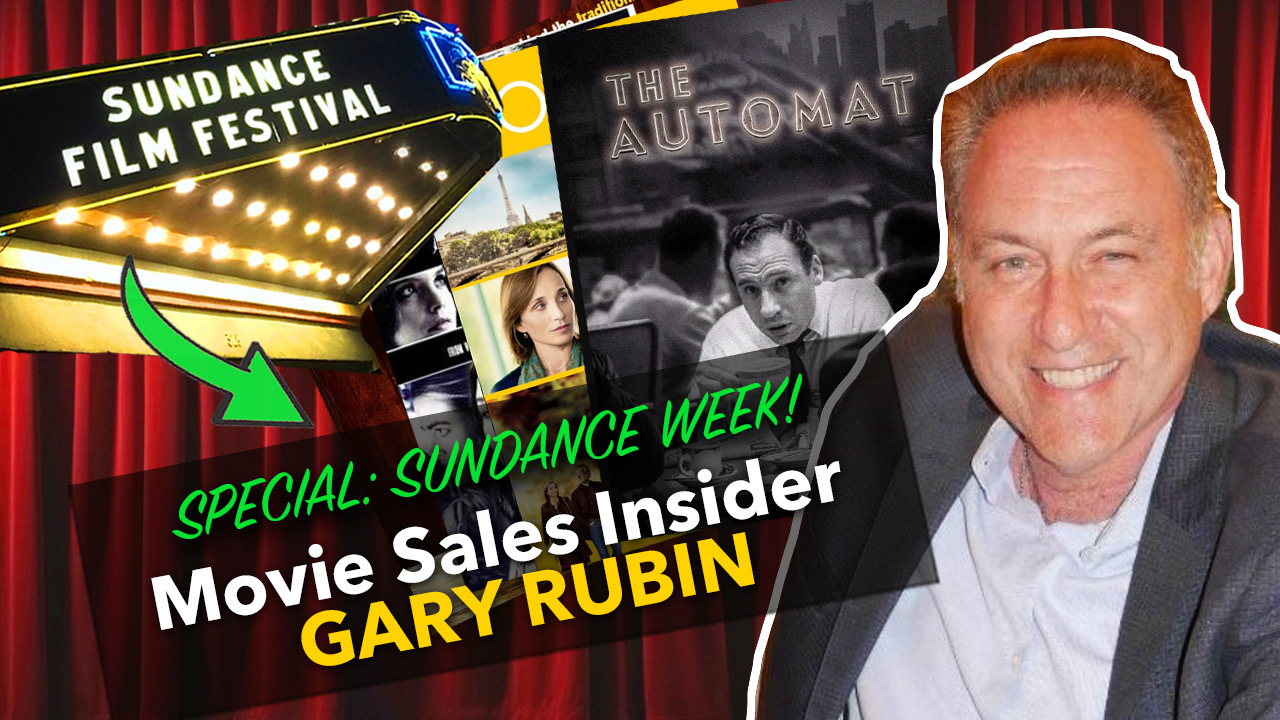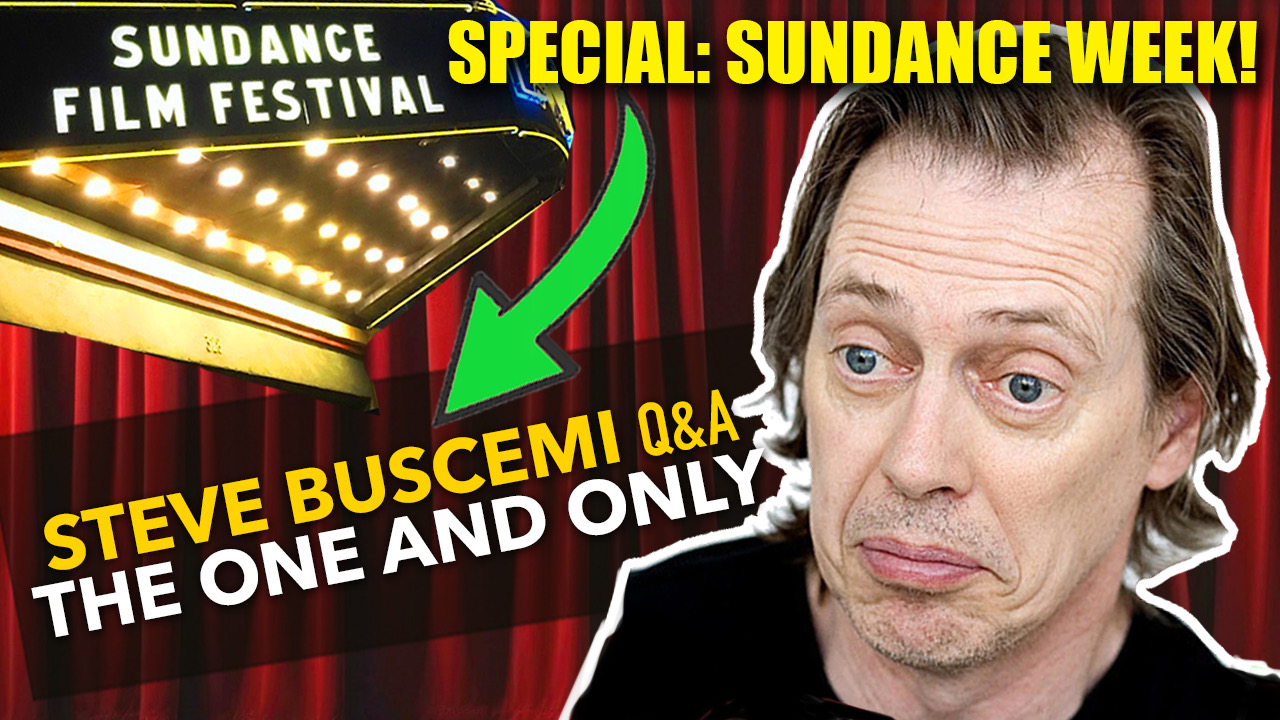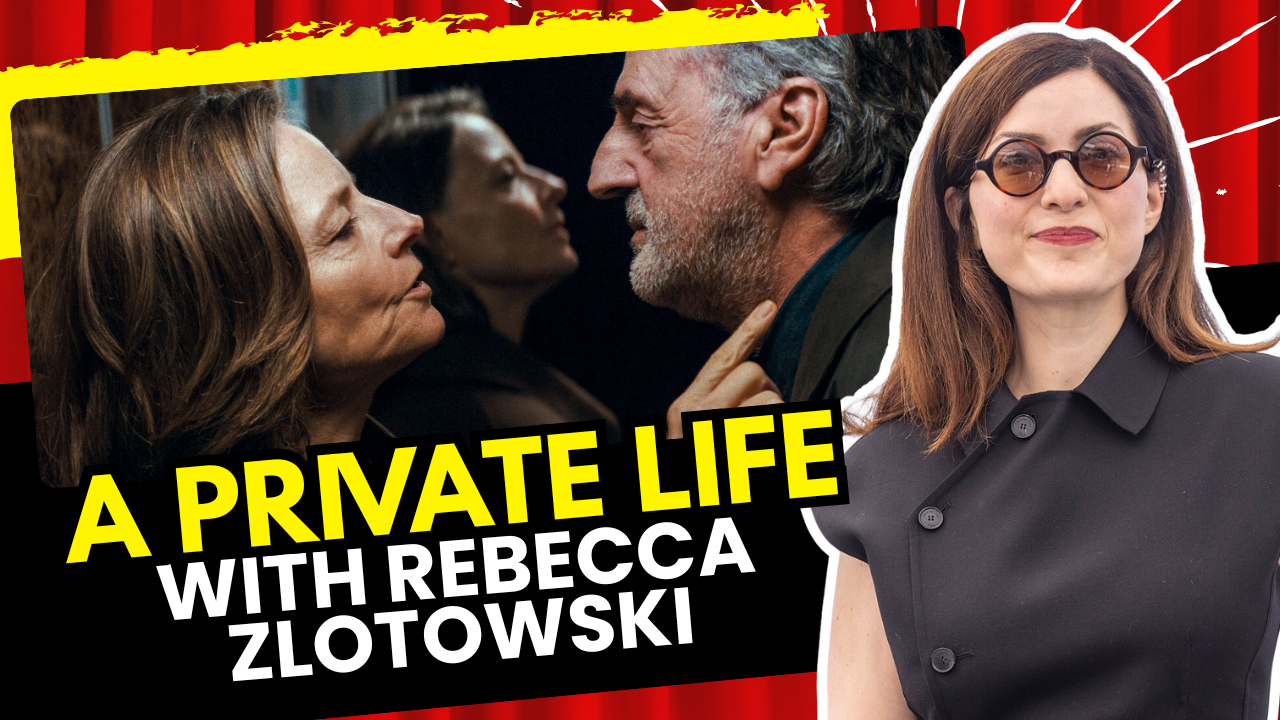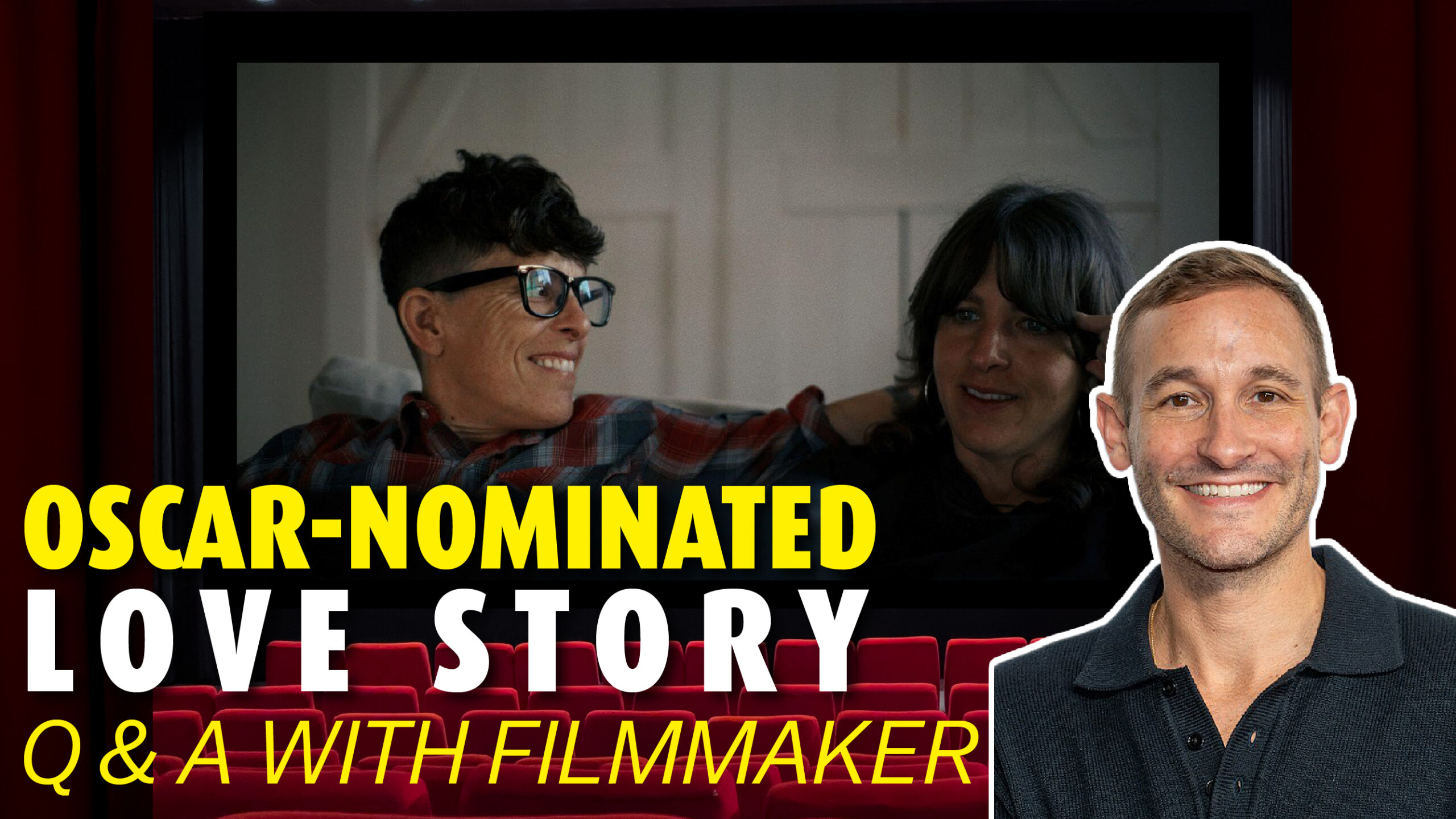
“Dying is easy. Comedy is hard.”
That classic show business adage comes to mind when reflecting on the Oscar-nominated documentary COME SEE ME IN THE GOOD LIGHT.
Directed by Ryan White, the film follows celebrated poet Andrea Gibson after a cancer diagnosis reshapes their daily life. But this is far more than a story about illness. At its core, COME SEE ME IN THE GOOD LIGHT is a love story — centered on Gibson and their wife, poet Megan Falley — and on the way humor becomes an act of resilience.
Rather than turning away from the gravity of the situation, the couple meets it head-on with comedy, poetry, and profound partnership. The result is an intimate, deeply moving documentary that feels unexpectedly luminous. Given the circumstances it depicts, the film is remarkably light and life-affirming — a testament to the trust Ryan White and his small crew built as they embedded themselves in their subjects’ lives.
Since premiering at the 2025 Sundance Film Festival, COME SEE ME IN THE GOOD LIGHT has earned rave reviews and an outpouring of audience admiration. The film has now been honored with an Academy Award nomination for Best Documentary Feature.
This episode is part of our ongoing INSIDE THE ARTHOUSEOscar Spotlight series, featuring in-depth conversations with each of this year’s Oscar-nominated Documentary Feature filmmakers.
Join us for our conversation with director Ryan White about COME SEE ME IN THE GOOD LIGHT, on INSIDE THE ARTHOUSE — starting now.
